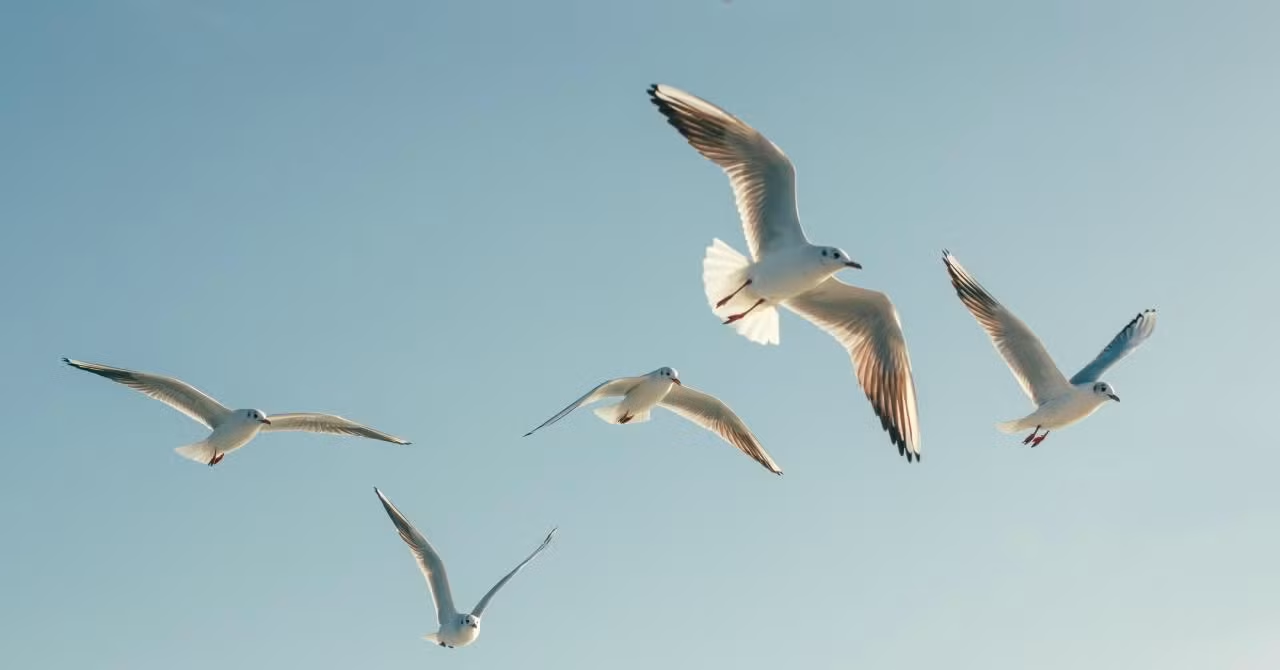Last week, Animal Charity Evaluators (ACE) launched an application for our Charity Evaluations program. The new application form will help us simplify our evaluation process and obtain valuable information about organizations and their work at an early stage.
Every year, we invite approximately 15 promising charities to participate in our evaluation process. To select this group of charities, we consider organizations around the world and assess whether they seem likely to do exceptional, cost-effective work to assist animals and, thus, become one of our Recommended Charities. To increase the chances of selecting and inviting the most effective organizations to our evaluation process, we decided to introduce an application. We expect to accept applications from April 1 through April 30, 2024.
Benefits of the new application process
We expect that receiving essential information about organizations through the application form will help us make more informed decisions. Gathering relevant data from all organizations can help reduce potential biases such as misclassification bias, observer bias, and recall bias that may arise due to the high variance in the quantity and quality of publicly available information across organizations during the charity selection process. Ultimately, we aim to increase the likelihood of finding and recommending the most effective charities.
The application form is intended to ensure charities meet the basic eligibility criteria and are willing and able to be evaluated. This will help to minimize the number of charities that decline our evaluation invitation, which can cause delays at the beginning of the evaluation season.
Finally, we expect that this step will increase the transparency of our charity selection process. While we will not share the exact responses to the application questions for confidentiality reasons, we will be able to share anonymized, aggregate results to help clarify our decision-making at this stage.
Limitations and how we will address them
Having an application form requires more capacity on both sides. Charities need the capacity to respond to the application form, and our team needs the capacity to review applications before inviting charities. We aim to be mindful of everyone’s capacity by asking only the most decision-relevant questions. With this in mind, we designed the application form in two dependent phases so that applicants who do not meet basic eligibility criteria (Phase 1) avoid spending unnecessary time responding to more in-depth questions (Phase 2).
Because this is a new step we are implementing this year, we ran a pilot survey with potentially impactful charities to test the clarity and relevance of the application questions and gather more general feedback. We are very grateful to the pilot participants. Thanks to them, we have made important improvements to the application form and likely reduced the chance of unforeseen issues.
Application content
The application form is divided into two phases. Phase 1 consists of questions about the organization’s basic details and eligibility. To meet the eligibility requirements to participate in our 2024 charity evaluations, charities must:
- Primarily work to help farmed animals and/or wild animals
- Not be in an exploratory or testing phase where there is significant uncertainty about which of the charity’s programs will be scaled up
- Have been an organization for at least three years
- Have at least three paid full-time equivalents (including full-time, part-time, and contractors)
- Have an annual expenditure of more than $100,000 USD
- Not work or be based in a country that is comprehensively sanctioned by the U.S. (see list here)
- Be able to gather and send all documents required for ACE to distribute funds to the organization, either directly or through the use of a fiscal sponsor
Only organizations that meet our eligibility criteria will continue to Phase 2, which includes more in-depth questions to gain a better understanding of the organizations’ type of work. In this phase, we expect to understand charities’ programs in terms of the interventions they use, the animals they help, and the countries they work in. We also expect to better understand charities’ strategic thinking on how their activities create positive change for animals in the short and long term.
Alongside the application form, we will publish a summary of the application guidelines, the charity evaluation process and timeline, and answers to common questions. We hope this accompanying information clarifies the scope and process of the Charity Evaluations program.
We invite all organizations interested in being considered for our 2024 charity evaluations to check our website next week and submit an application. Apply from April 1 through April 30, 2024.
If you have any questions about the application form or the charity evaluation process, please contact our Charity Evaluations Manager, Vince Mak.




